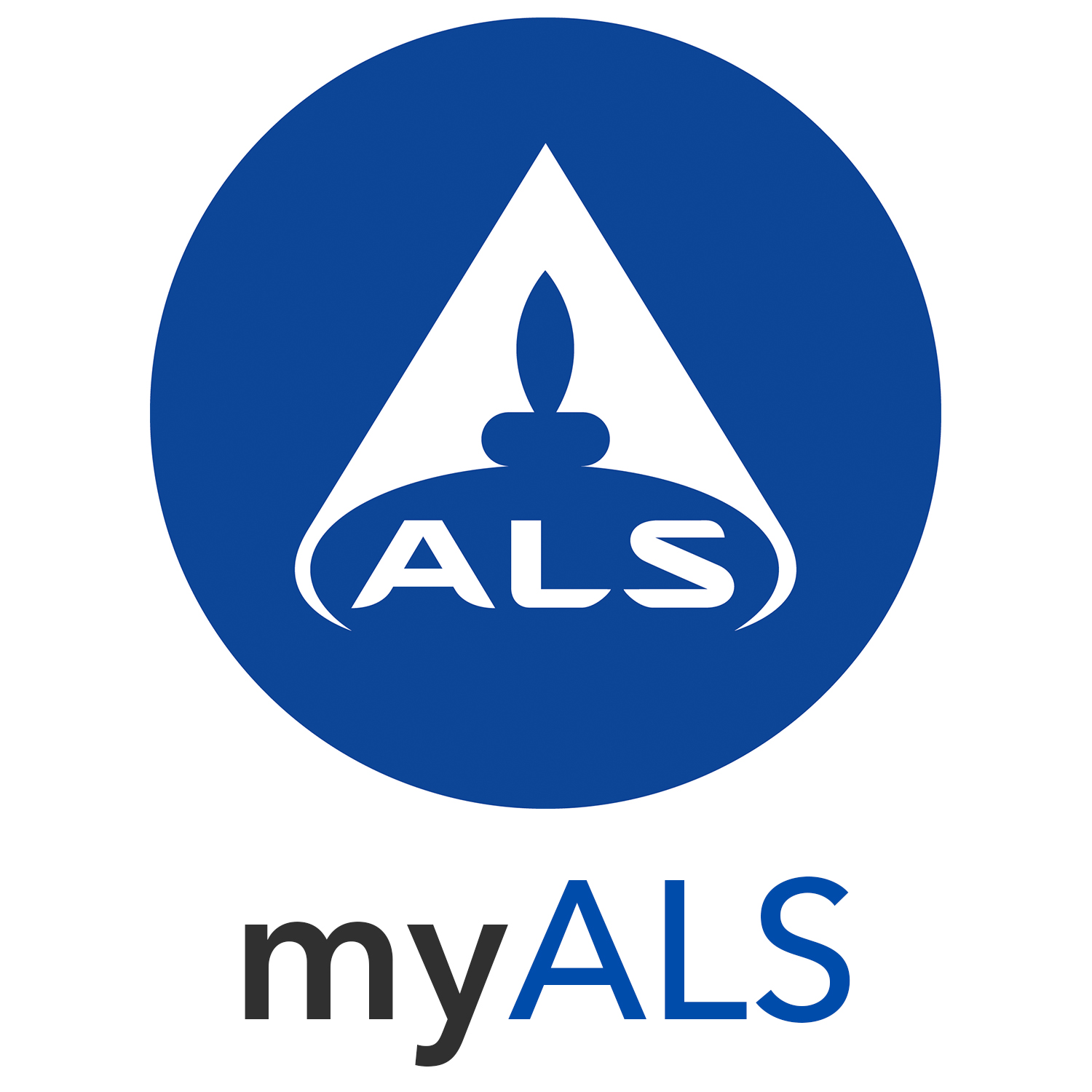HSE Update Position on Legionella by PCR
Jun 6, 2017

The Health and Safety Executive (HSE) have recently released an update to their position on the use of quantitative Polymerase Chain Reaction (qPCR) analysis to identify and confirm the presence and count of Legionella in water samples. The control of Legionella in the UK is governed by the Approved Code of Practice for Legionella (ACoP L8) and ALS are able to help customers in complying with this regulation.
The HSE position on Legionella is covered in Health and Safety Guidance (HSG) 274 parts 1, 2, 3, and HSG 282, which provides guidance for Spa Pools. This guidance states that the ISO 11731 method of culturing Legionella as the "gold standard" for identifying and confirming the presence or absence of Legionella. ALS are able to offer an advancement on this position by using MALDI-ToF to confirm the presence of Legionella down to species level without the additional 2-day confirmation period.
The new HSE position on qPCR states:
| Statement | HSE Comment |
| Rapid detection of legionella bacteria | The high negative predictive value (NPV) of qPCR means that it is suitable for use as a negative screening tool to rapidly rule out potential sources, for example, in an outbreak situation, and to support public health investigators in prioritising resources. |
| Indication of the effectiveness of cleaning and disinfection | The high NPV of qPCR, means that negative qPCR results may be a useful indicator for the restarting of system implicated in the source of an outbreak following remedial actions, such as cleaning and disinfection. |
| Complementary tool for the rapid routine monitoring of legionella trends at dutyholder sites | It is important that data from such tests can be properly interpreted, to enable informed decisions on the effectiveness of control measures to be made by a competent person. |
| Interpretation of results | The results of positive qPCR samples are difficult to interpret, as the assay detects legionella DNA from both live and dead bacterial cells and the units of measurement for qPCR (genomic units/litre) are not directly comparable with the action and alert levels for culture (expressed in colony forming units) published in HSG274. |
Click here to view the ACoP L8 FAQ's
 ALS are able to support our customers with UKAS accredited Legionella culture analysis along with MALDI-ToF confirmation, which has also been accredited by UKAS. Our qPCR technique is currently unaccredited although the team are due to complete the validation for this method by the Autumn of 2017.
ALS are able to support our customers with UKAS accredited Legionella culture analysis along with MALDI-ToF confirmation, which has also been accredited by UKAS. Our qPCR technique is currently unaccredited although the team are due to complete the validation for this method by the Autumn of 2017.
The position of the HSE supports the use of qPCR to confirm that a decontamination exercise has been successful in removing Legionella bacteria from a system. If a positive Legionella qPCR is found it does not mean that the culture will provide a positive result. This is due to the qPCR detection of viable but not culturable (VBNC) Legionella cells which are usually found in amoeba or other single cell Organisms.
For more information on our upcoming Events & Exhibitions, or for any other enquiry, please Request a quote, Contact us, or call the team on 02476 421 213.


